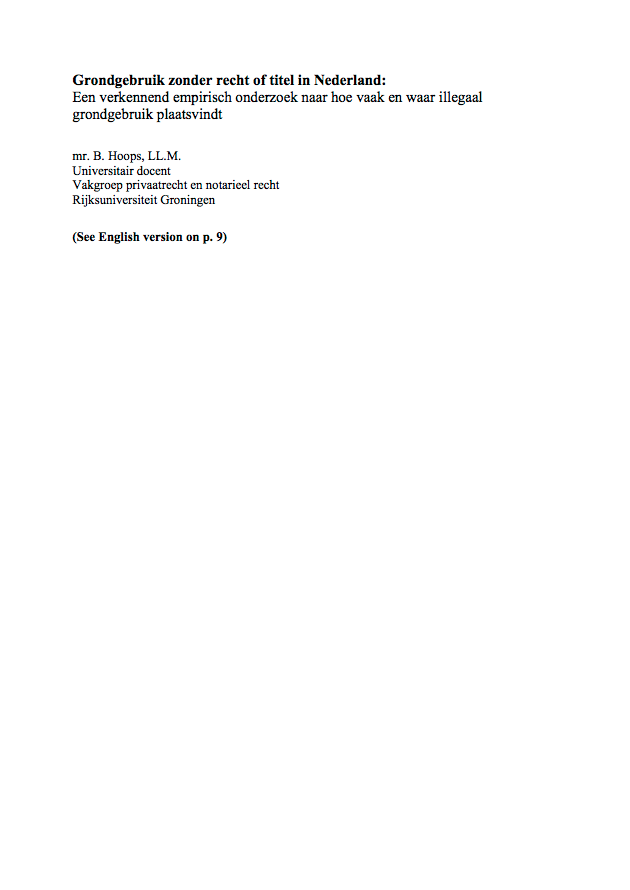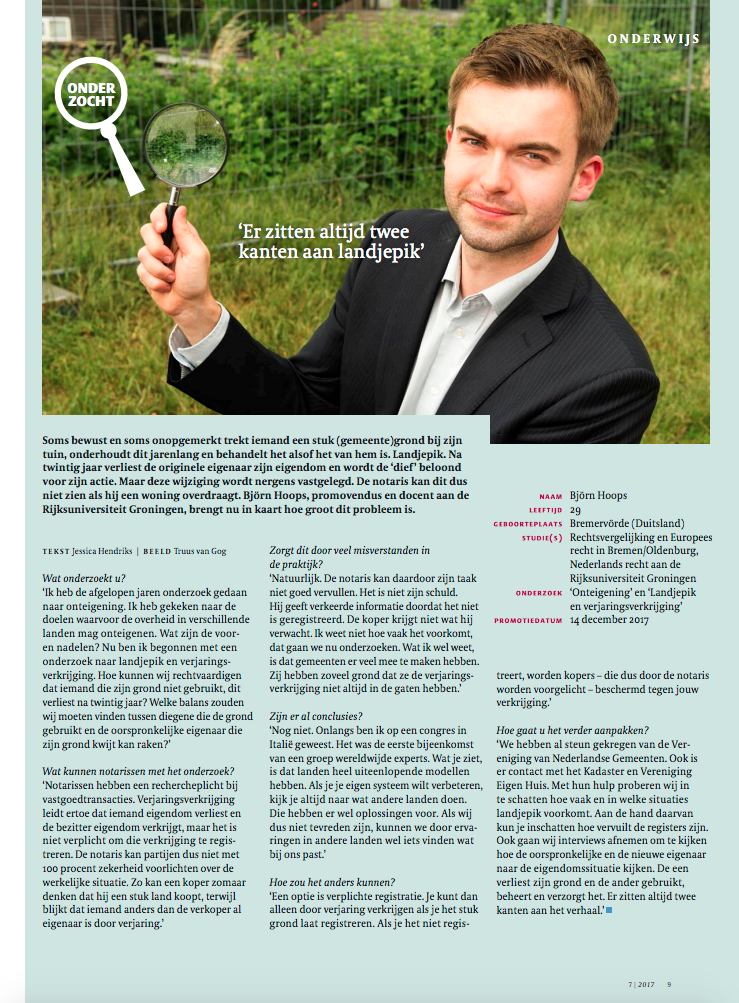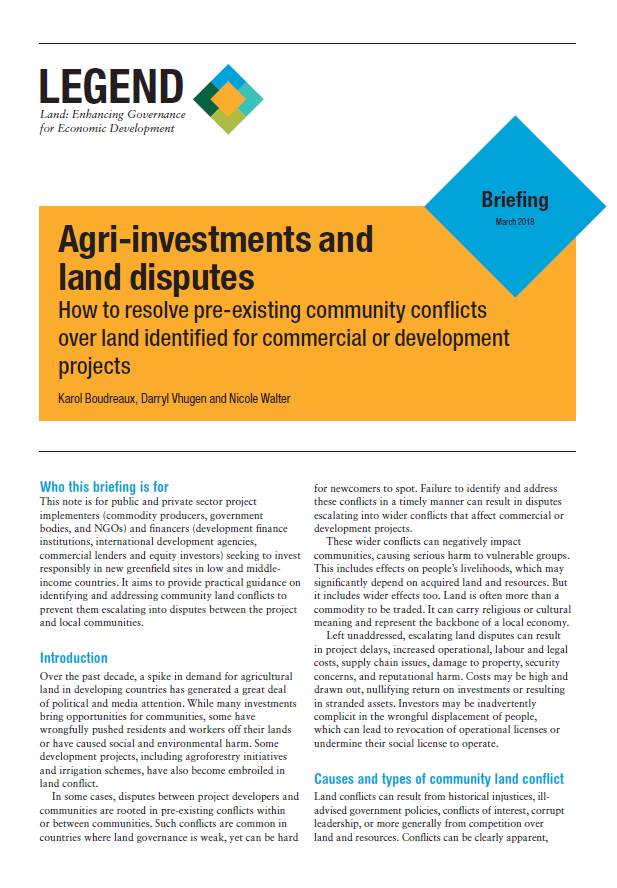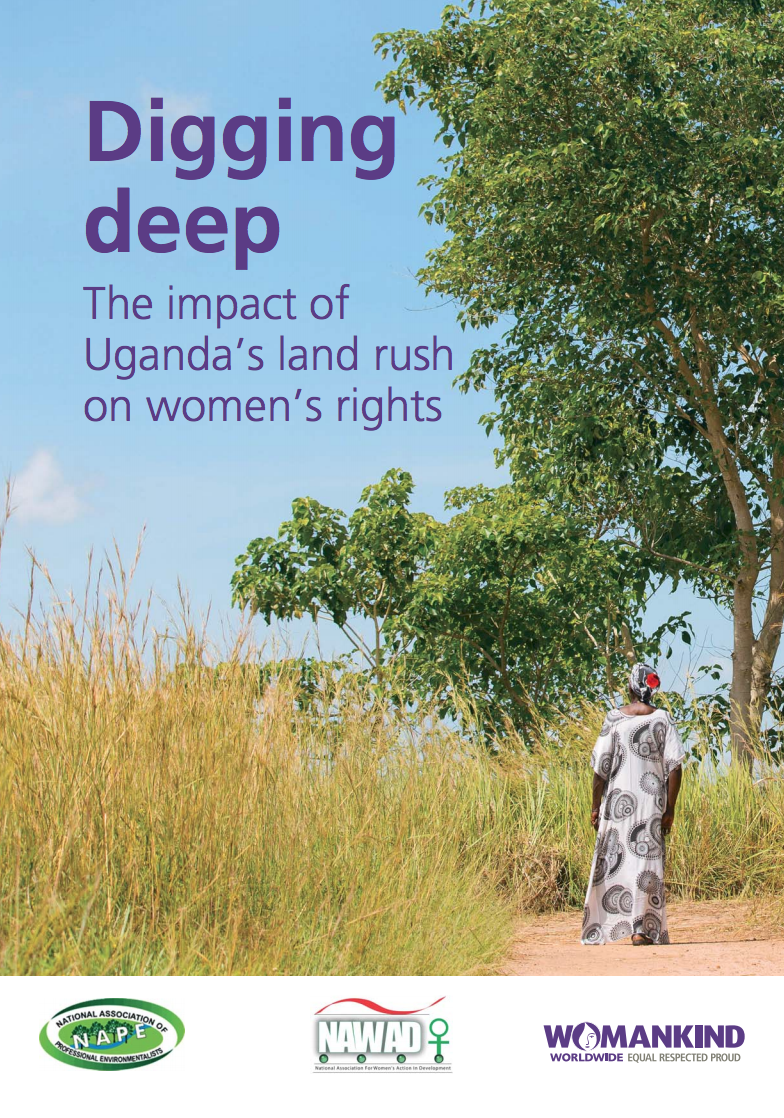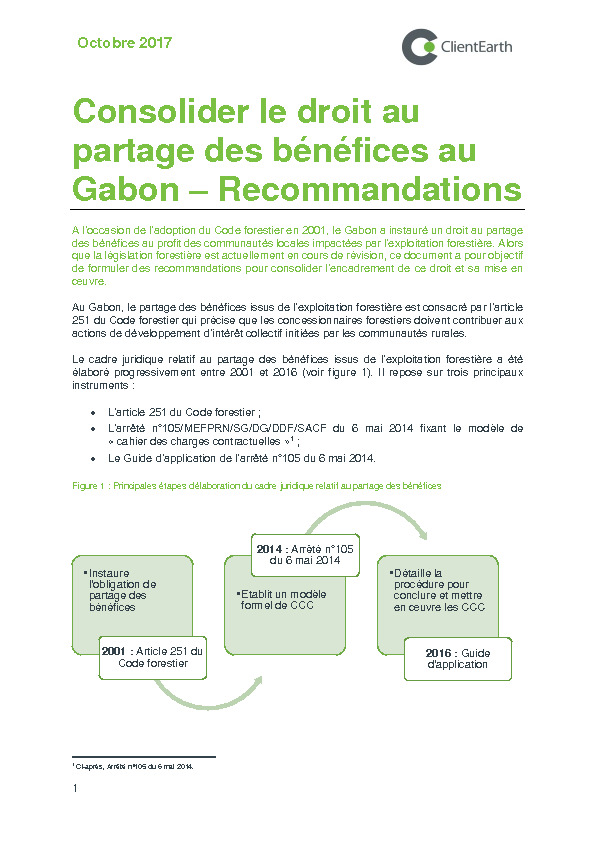Who owns the land? Half an answer from AgrisSA land audit
Farmers’ interest group AgriSA last week released its own land audit. This filled in a major blank in the land reform and policy field: How many black emerging farmers have bought farms outside government’s land reform programme? We now have a part answer: they bought 4.3 million hectares. Other findings from this study are contested and methodological flaws are highlighted.



